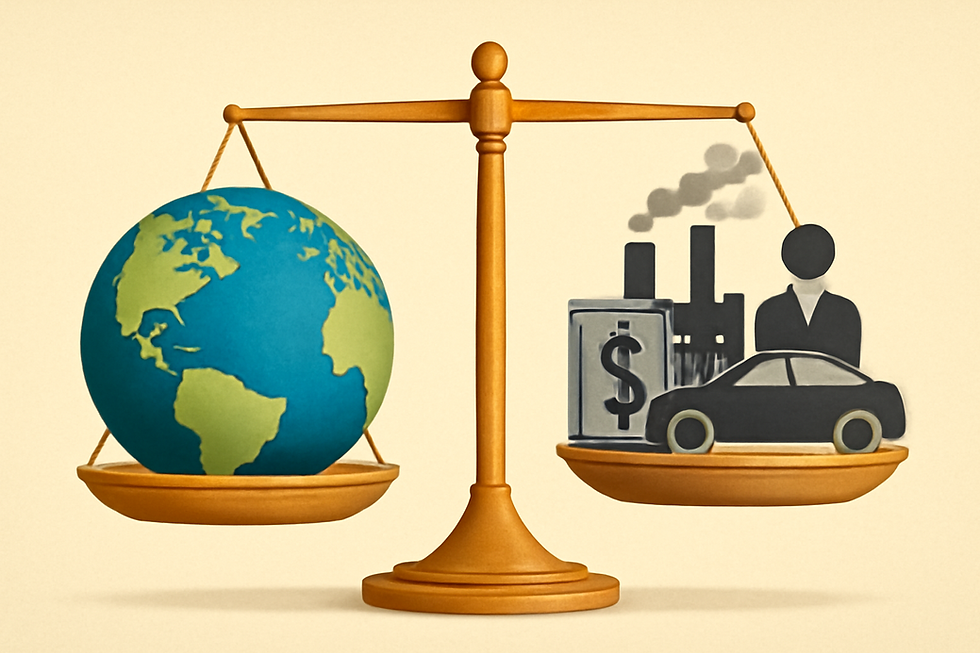Business wins for EU-Mercosur Agreement
- ridenspa

- Dec 17, 2024
- 2 min read
After 25 years of negotiations, the long-awaited EU-Mercosur Association Agreement has finally been adopted. This landmark deal not only secures the European Union’s economic presence in Latin America but also represents a critical diplomatic win during a time of heightened geopolitical uncertainty. However, the deal also carries risks and faces opposition from certain EU stakeholders. The EU has progressively sought to expand its trade and economic partnerships globally. With the EU-Mercosur deal, the Union now has agreements with the majority of Latin American economies.
Further opposition to the deal can be expected from France, particularly from French farmers. Mercosur producers—often seen as operating under less rigorous environmental and labor standards—pose a direct threat to their livelihoods. For President Emmanuel Macron, whose administration already faces domestic discontent, the deal risks alienating a critical constituency in rural France. This could further erode confidence in his leadership and in the EU’s liberalizing agenda.
In Poland, the pro-EU government led by Donald Tusk faces its own set of hurdles. With the population already wary of EU policies perceived as benefiting Western European interests, justifying the Mercosur agreement could exacerbate tensions, particularly as the government seeks to restore democratic norms and bolster its standing.
Despite this opposition, the European Commission has decided to move ahead with the agreement. With sluggish growth and declining global competitiveness, the EU views Mercosur as an opportunity to revitalize its economy. The deal creates a market of 780 million people, offering new opportunities for trade and investment. Germany, a key proponent of the agreement, sees it as essential for maintaining its industrial edge and reinforcing the EU’s stance as a proponent of free trade amid rising global protectionism.
For the EU, the Mercosur deal is not just about trade but also about securing alliances in a region increasingly being courted by global powers like China and Russia.
Considering the divergent interests among Member States, the agreement will test EU unity. We must follow the adoption process carefully. If EU politicians are serious about EU competitiveness, there is no other option than to adopt the agreement.



Comments